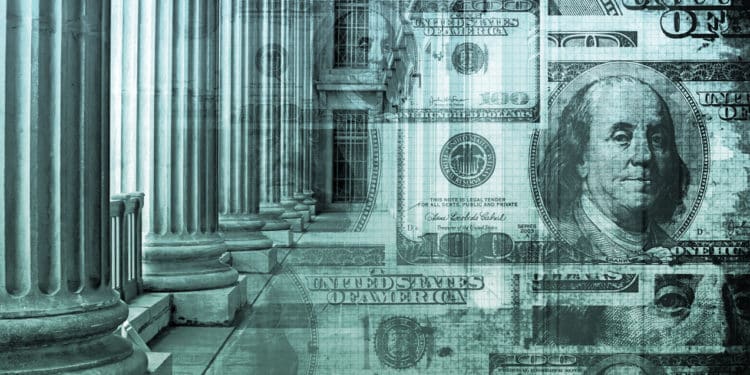On May 10, the U.S. Securities and Exchange Commission (SEC) announced two whistleblower awards totaling approximately $22 million. The awards were granted to two whistleblowers who made separate disclosures about misconduct committed by a financial services firm. According to the SEC, the whistleblowers’ “information and assistance were of crucial importance to successful SEC enforcement actions” against the firm.
One of the whistleblowers received an $18 million award while the other received a $4 million award. The SEC’s press release explains that “[t]he larger award was in recognition of the fact that, among other things, the first whistleblower was the initial source of the investigation while the second whistleblower submitted information much later after the investigation was already underway.”
Through the SEC Whistleblower Program, qualified whistleblowers are entitled to a monetary award of 10-30% of funds that the government recovers. The SEC pays awards through a fund entirely financed by monetary sanctions paid to the SEC by securities law violators.
The promptness of a disclosure is one of the most common factors the SEC references when making award decisions. Furthermore, the “original information” requirement means that an individual is not eligible for an award if the SEC has already received the information from another whistleblower.
In this case, the first whistleblower, who received the $18 million award, alerted the SEC to the financial services firm’s misconduct at least a year before the second whistleblower filed a disclosure with the agency. The award order notes that the first whistleblower’s “tip was the initial source of the underlying investigation” and that the first whistleblower “provided Enforcement staff with extensive and ongoing assistance during the course of the investigation.”
While the second whistleblower provided information to the SEC far after the first whistleblower’s disclosure, the SEC determined that the second whistleblower was also a source of original information. According to the SEC, the second whistleblower “was a valuable first-hand witness who also provided helpful information.” The award order further explains that the second whistleblower was a recent insider at the firm and was able to provide factual details that went beyond what the first whistleblower was able to provide.
Overall, the SEC sums up the difference between the whistleblowers contributions by stating: “while [the second whistleblower] was a helpful whistleblower, [the first whistleblower] was the main source of information.”
These award determinations highlight how important it is for an individual to promptly alert the SEC to any potential wrongdoing through a formal disclosure in order to obtain the largest possible award.
“This case demonstrates once again the value of the whistleblower program in helping to protect investors, and the Commission’s continued commitment to rewarding individuals who provide high-quality tips,” said Emily Pasquinelli, Acting Chief of the SEC’s Office of the Whistleblower. “The reporting of credible information by these whistleblowers and their subsequent cooperation with the staff’s investigation allowed the Commission to better understand complex transactions related to the matters under investigation.”
Pasquinelli is serving as the Acting Chief following the departure of longtime Chief Jane Norberg earlier this year. Norberg’s departure is one aspect of a transitional period for the SEC Whistleblower Program. On April 14, Gary Gensler was confirmed as the new Chair of the SEC.
Gensler and Pasquinelli have taken on their new leadership roles in the midst of a record fiscal year for the whistleblower program. Since FY2021 began on October 1, 2020, the SEC has awarded approximately $277 million to 47 individuals – both fiscal year records.
Before his confirmation, Gensler pledged his support for the whistleblower program. In a series of written answers to questions filed by Senator Chuck Grassley (R-IA), Gensler stated: “If confirmed to lead the SEC, I will build on the work of past Chairs to ensure continued strength in the whistleblower program.”
Overall, the SEC has awarded approximately $838 million to 156 individuals since issuing its first award 2012. In addition to monetary awards, the SEC Whistleblower Program offers anti-retaliation protections to whistleblowers. These include confidentiality, and thus, the SEC does not disclose any identifying information about award recipients.




